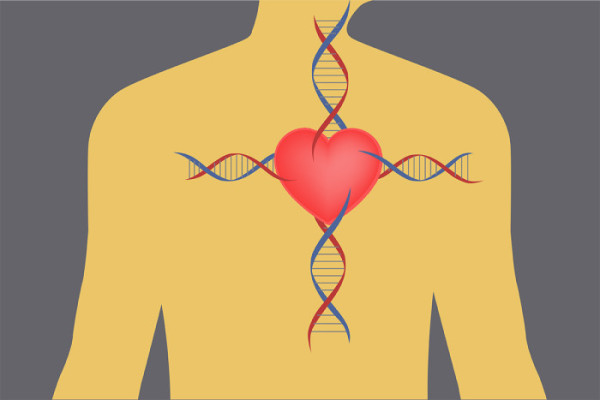Edging closer to personalized medicine for patients with irregular heartbeat
An international team, including faculty from the School of Engineering & Applied Science at Washington University in St. Louis, has used genetic phenotype to determine which patients would benefit the most from a commonly used drug treatment.
Developing enabling technology for emerging gene therapies
For years, researchers have attempted to harness the full potential of gene therapy, a technique that inserts genes into a patient’s cells to treat cancer and other diseases. However, inserting engineered DNA molecules into cells is difficult. A team of engineers at Washington University in St. Louis has developed a new method that could make the process easier.
Researchers hone in on way to predict aggressiveness of oral cancer
Studying mouth cancer in mice, researchers led by Ravindra Uppaluri, MD, PhD, have found a way to predict the aggressiveness of similar tumors in people, an early step toward a diagnostic test that could guide treatment.
Gene testing for heart diseases now available
The School of Medicine now offers genetic testing to help diagnose and treat patients with heart disorders that can lead to sudden death. The new test, offered though the school’s Genomics and Pathology Services (GPS) and developed in collaboration with Washington University cardiologists, analyzes genes linked to arrhythmias and cardiomyopathies.
Pretesting cervical tumors could inform treatment
Doctors at the School of Medicine have shown that testing cervical tumors before treatment for vulnerability to chemotherapy predicts whether patients will do well or poorly with standard treatment. The study supports the future possibility of personalized medicine for cervical cancer, a tumor normally addressed with a one-size-fits-all approach. Pictured is a cervical tumor visible on a PET/CT scan.
Decoding cancer patients’ genomes is powerful diagnostic tool
Two new studies in the Journal of the American Medical Association by Washington University researchers including Timothy Ley, MD, and Richard Wilson, PhD, highlight the power of sequencing cancer patients’ genomes as a diagnostic tool, helping doctors decide the best course of treatment and researchers identify new cancer susceptibility mutations that can be passed from parent to child.
DNA of 50 breast cancer patients decoded
In the single largest cancer genomics investigation reported to date, scientists have sequenced the whole genomes of tumors from 50 breast cancer patients and compared them to the matched DNA of the same patients’ healthy cells. They uncovered incredible complexity in the cancer genomes, but also got a glimpse of new routes toward personalized medicine.
$3.7 million trial uses genes to balance risks, benefits of blood thinner
A five-year, $3.7 million clinical trial will investigate how to balance the benefits and risks of warfarin, a drug that helps prevent potentially deadly blood clots. The multicenter study, led by researchers at Washington University School of Medicine in St. Louis, will evaluate customized warfarin dosage based on patient genetics and will test which range of blood clotting is optimal in orthopedic patients.


